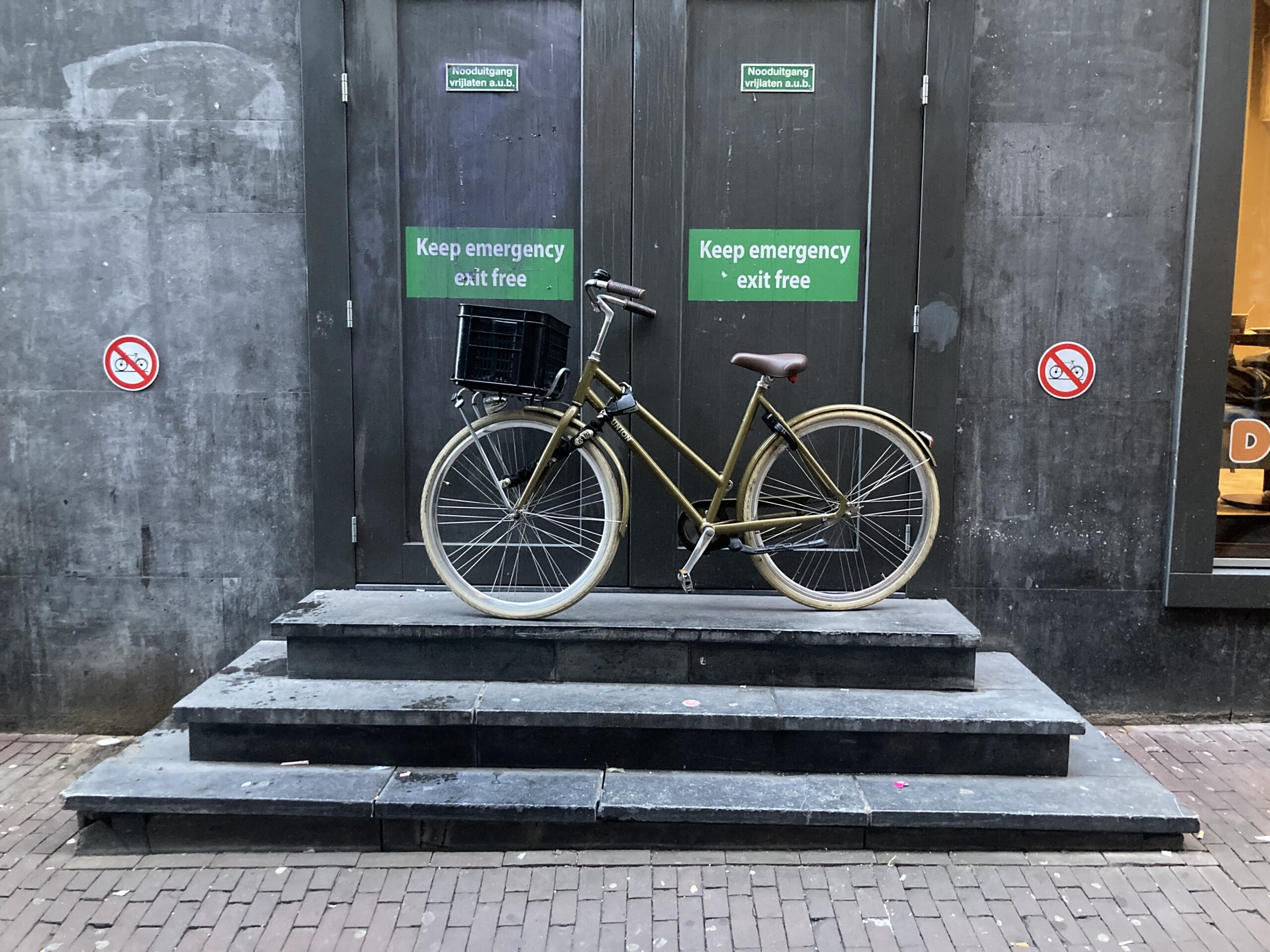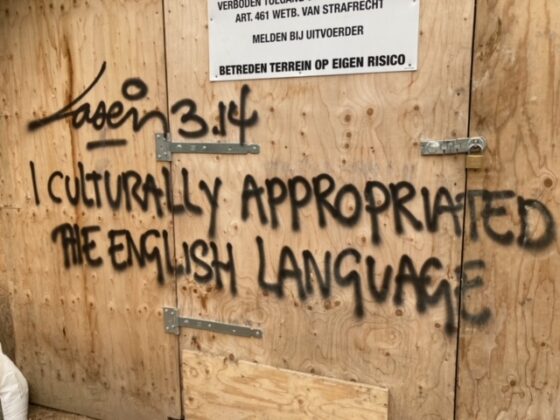What exactly does it mean to integrate anyway?
Molly Quell
The Dutch have developed a new habit of whining about foreigners refusing to integrate. Our regular columnist Molly Quell wonders what they even mean.
“Should expats in Amsterdam do an integration course?” asks the headline in the Parool. Too much English spoken in Haarlem makes locals “uncomfortable” writes NH Nieuws. This woman is annoyed her sister-in-law hasn’t acquired fluency in Dutch after living here for three years.
Everyone, it seems, thinks internationals in the Netherlands aren’t doing enough to integrate.
Labour city councillor Lian Heinhuis thinks companies in the city that hire foreigners to step it up. She wants them to back a programme to help so-called expats integrate. “Why do some migrants have to integrate and others don’t?” Heinhuis asks.
Ultimately, no one has to integrate.
It’s true that different types of foreigners had different legal requirements for “integration.” The much-maligned asylum seeker, someone fleeing war or political persecution, must eventually pass the inburgering exams to get a residency permit or face a fine.
The so-called expats – high earners who move to another country temporarily for work – don’t need to pass any exams to get their residency permit. But their right to live in the Netherlands is tied to their employment at the company that hired them.
One could move to the Netherlands for a job, live in the country for decades and never face a legal obligation to lift a finger to learn Dutch.
However, if any of these non-Dutch-speaking expats want a more secure right to live in the Netherlands, they’ve got do the same thing the asylum seekers must do – pass those inburgeringsexamens. The process for getting permanent residency is identical, whether you’re a Shell executive or a refugee.
Unless you were one of the lucky Brits who got grandfathered in under Brexit.

A box-ticking exercise on some basic language comprehension and passing a bizarre multiple-choice exam about culture doesn’t integration make though.
They want expats to stop living in a bubble. But if the goal is to get foreigners to assimilate, living in a bubble is the way to go. Research shows that people of Dutch origin with high salaries are the most likely to only pal around with their own.
Even if you learn Dutch – a task which experts say will take about 600 hours to reach basic fluency – you aren’t going to magically switch to exclusively speaking in Dutch. Dutch people don’t pop out on the Eurostar in St. Pancras and change which language they speak to each other, despite their fluency in English.
Sorry, Haarlem, you’re going to have to learn to comfort yourselves with the money foreigners are spending in your shops while prattling on in another language.
The level of English spoken in the Netherlands keeps whatever friendships Dutch people are willing to bestow on foreigners in the English language. Your Dutch might reach a basic level of fluency but you’re gonna be a long way away from the English spoken by the average Dutch person, who started learning at age 10.
Meanwhile, the Netherlands has been dragged in front of the EU’s top court to defend its integration requirements. The new obligations the PvdA is proposing in Amsterdam might not make the cut in the end.
The laments about the lack of “integration” mostly seem to focus on learning to speak the language, but is that all that we think integration is? Speaking Dutch doesn’t guarantee you Dutch friends or teach you how to cook stamppot or make you a cheapskate.
Local municipalities used to offer free Dutch courses to foreigners, but that has mostly stopped. When you try to practice, the Dutch just switch to English. If you read the papers, they write columns to complain about you speaking English in the town square. The Dutch complain expats live in their own bubble but they established their friend groups in creche and have no room for newcomers.
Regardless of how much effort they put in, foreigners will never truly assimilate into Dutch society. You’ll always be slightly different, celebrating different holidays, cooking different food, seeing the world in another way. That’s a good thing and something that should be celebrated.
And look, if you don’t like your brother’s girlfriend, you can just say that. You’re Dutch, you’re supposed to be direct.
Thank you for donating to DutchNews.nl.
We could not provide the Dutch News service, and keep it free of charge, without the generous support of our readers. Your donations allow us to report on issues you tell us matter, and provide you with a summary of the most important Dutch news each day.
Make a donation